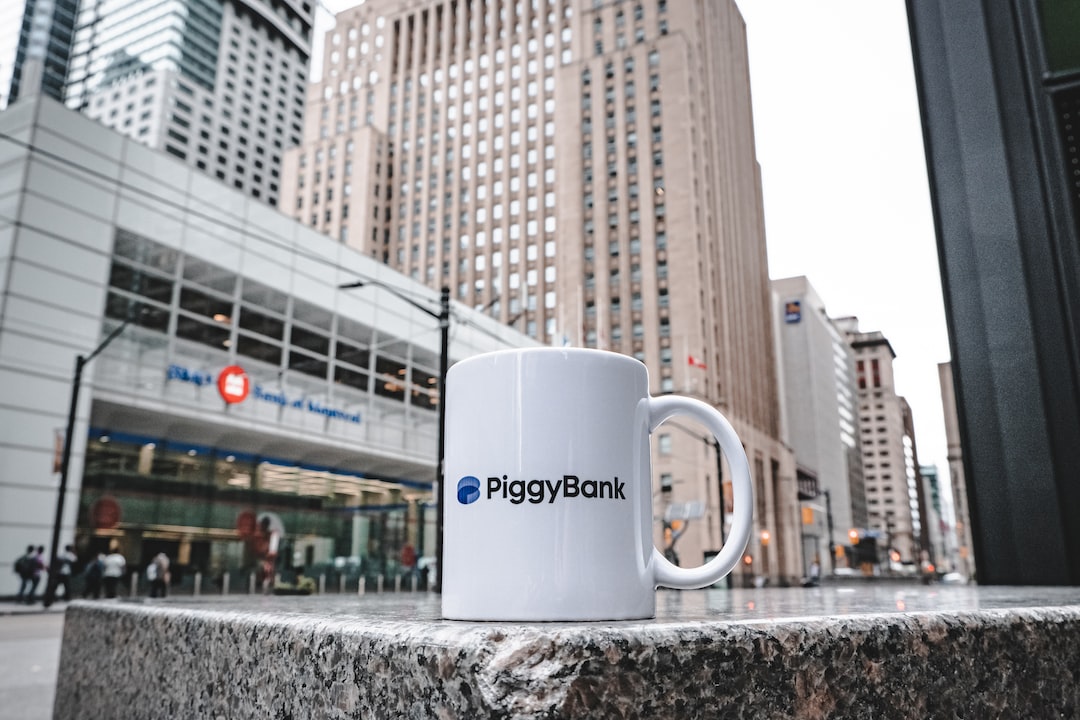Forex, also known as foreign exchange or FX, is the largest financial market in the world traded by millions of people every day. Forex trading involves the buying and selling of currencies, and as such, is highly regulated across the globe. Forex regulation is essential for ensuring the safety of traders and maintaining the integrity of the global financial system. In this article, we’ll explore where forex is regulated and the various regulatory bodies responsible for overseeing the forex market.
Forex regulation is primarily undertaken by national regulatory bodies in each country where forex trading is conducted. In the United States, for example, forex brokers must be registered and regulated by the National Futures Association (NFA) and the Commodity Futures Trading Commission (CFTC). The NFA is a self-regulatory organization that oversees the activities of forex brokers and ensures that they comply with strict regulatory guidelines. The CFTC, on the other hand, is a regulatory agency that monitors the activities of the futures and options markets to ensure they operate in a transparent and fair manner.
Similarly, in the United Kingdom, forex brokers are regulated by the Financial Conduct Authority (FCA). The FCA is an independent regulatory body that oversees financial markets in the UK and ensures that forex brokers comply with strict regulatory standards. The FCA requires forex brokers to hold client funds in segregated accounts, maintain minimum capital requirements, and provide transparent pricing and execution.
In Australia, forex brokers are regulated by the Australian Securities and Investments Commission (ASIC). The ASIC is responsible for ensuring that financial markets in Australia operate fairly and transparently. Forex brokers in Australia must be licensed and regulated by the ASIC, which sets strict guidelines for the operation of forex trading platforms.
In Canada, forex brokers are regulated by the Investment Industry Regulatory Organization of Canada (IIROC). The IIROC is a self-regulatory organization that oversees the activities of forex brokers in Canada and ensures that they comply with strict regulatory guidelines. Forex brokers must be registered with the IIROC to operate in Canada.
In Europe, forex brokers are regulated by the European Securities and Markets Authority (ESMA). The ESMA is an independent regulatory body that oversees financial markets in the European Union. Forex brokers operating in the EU must comply with strict regulatory standards set by the ESMA, including providing transparent pricing and execution, maintaining minimum capital requirements, and holding client funds in segregated accounts.
In Japan, forex brokers are regulated by the Financial Services Agency (FSA). The FSA is a regulatory body that oversees financial markets in Japan and ensures that forex brokers comply with strict regulatory guidelines. Forex brokers in Japan must be licensed and regulated by the FSA to operate in the country.
In summary, forex is regulated by national regulatory bodies in each country where forex trading is conducted. These regulatory bodies are responsible for ensuring that forex brokers comply with strict guidelines and operate in a transparent and fair manner. Forex regulation is essential for protecting traders and maintaining the integrity of the global financial system. As a forex trader, it is important to work with regulated brokers to ensure that your funds are safe and that you are trading in a fair and transparent environment.






